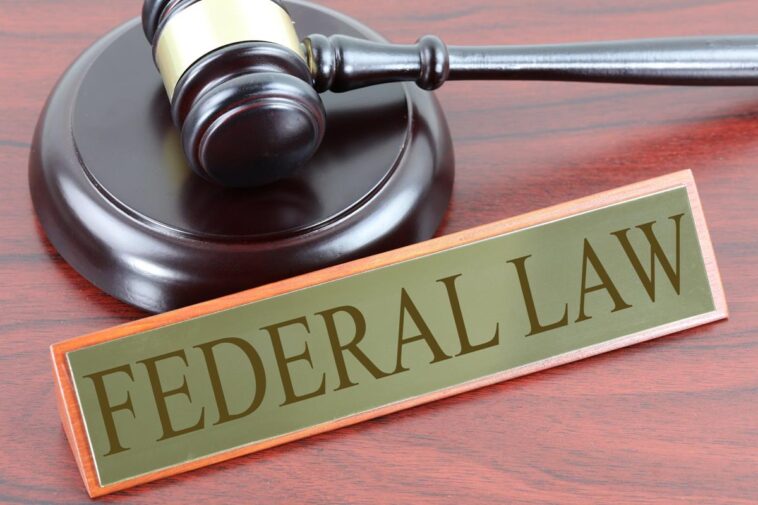
Arizona Republican Lawmakers Cannot Avoid Deposition Over Voting Law
The Supreme Court has ruled that top state Republican lawmakers in Arizona cannot avoid being deposed regarding their support of state laws that mandate proof of citizenship to vote in federal elections. The decision was reached on Monday, and it was a rejection of an emergency request from Arizona GOP House Speaker Ben Toma and state Senate GOP President Warren Peterson. They asked the court to halt a lower court ruling mandating legislators hand over documents and be deposed in the case.
The case stems from a challenge to House Bill 2492, which was signed into law in March 2022 after being passed with the goal of making Arizona’s elections more secure by requiring voters to provide proof of citizenship such as a birth certificate or passport. The Democratic National Committee, the Justice Department, and civil rights groups have challenged the law. The Arizona Attorney General Kris Mayes, a Democrat, declined to defend certain parts of the law, and Toma and Peterson stepped in to defend it.
Legislative Privilege vs. Deposition
Lawmakers are usually protected by legislative privilege from depositions into their motives for supporting or voting for legislation. However, U. S. District Judge Susan Bolton ruled in September that a separate analysis was used when lawmakers get involved in a legal fight over the legislation and also overturned the voting law on the grounds that federal laws control proof-of-citizenship mandates. “The speaker and president must produce communications that they have sent or received relating to the voting laws’ legislative process and withheld on legislative privilege grounds,” Judge Bolton wrote. “They may also be deposed about their personal involvement in the voting laws’ legislative process.”
The Justice Department did not respond to the lawmakers’ emergency request at the high court. Other plaintiffs in the case agreed with Bolton’s lower court ruling that the lawmakers had waived their privilege by intervening in the lawsuit. Attorneys for the lawmakers argued in court documents that they had already provided over 90,000 pages of documents and written responses to queries. However, they declined to answer additional questions or provide other documents, citing legislative privilege. The U. S. Court of Appeals for the 9th Circuit temporarily blocked Bolton’s ruling but later lifted its stay, allowing for depositions against the lawmakers to continue. The two lawmakers, in turn, sought relief from the Supreme Court.
Implications for the Future
Litigation over the voting law has not yet taken effect or gone to trial, but it could have significant consequences for swing states in the 2024 presidential election. The Supreme Court gets thousands of emergency applications each year but rarely acts directly on specific requests and typically denies them without comment.
Conclusion
In conclusion, the Supreme Court’s decision to deny the Arizona lawmakers’ request to avoid being deposed regarding their support of laws that require proof of citizenship to vote in federal elections and hand over related documents is an essential step towards upholding the voting rights of American citizens. While the case has not yet gone to trial, the outcome will undoubtedly play a significant role in shaping the outcome of the 2024 presidential election in swing states.
Originally Post From https://www.washingtonexaminer.com/policy/courts/supreme-court-holds-arizona-gop-must-face-deposition-in-voting-lawsuit
Read more about this topic at
Supreme Court denies Arizona lawmakers’ attempt to avoid …
Supreme Court compels depositions for … – Eric Deters Media


